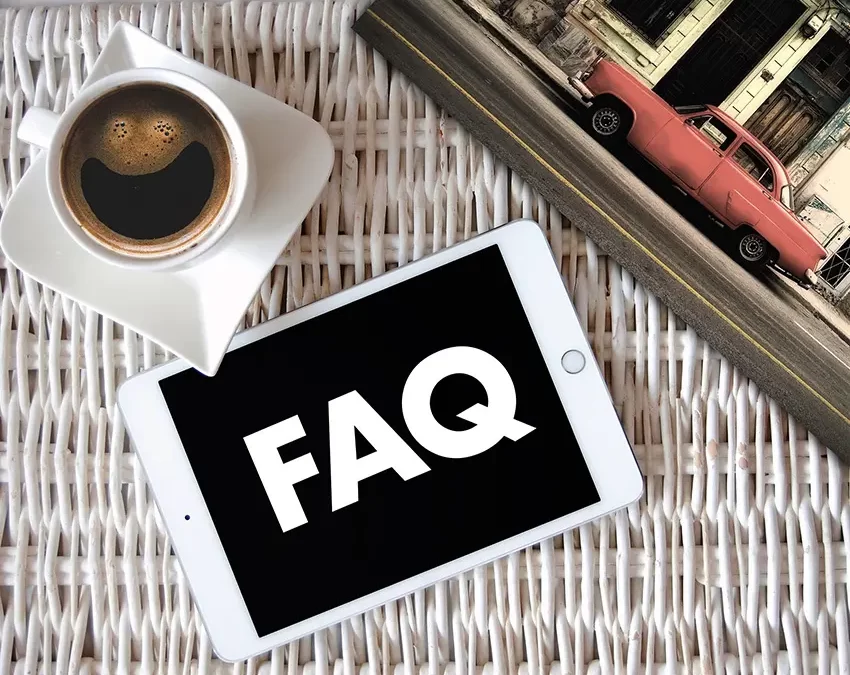If you have trouble wrapping your brain around the average insurance Product Disclosure Statement (PDS), you are not alone. At Ceneta, we explain a lot of the following terms on a daily basis so we thought it would be handy to pull together a list of definitions that would be relevant to landlords and Short Stay operators.
Nobody likes to read a PDS, but the reality is that insurance is a legal contract between you and the insurer, and it’s your responsibility to know what you are signing up for. Your broker can help if you need further clarification.
So here is a handy guide to some commonly used terminology:
Various Types of Damage
Accidental Damage
Accidental damage cover is usually an optional add-on to standard household and landlord insurance policies. It insures the owner’s possessions against damage caused by one-off, unpredictable or unexpected acts of negligence – for example, spillages and breakages.
Example: You spill a bottle of red wine on your new white carpet. Read more about Accidental Damage insurance here.
Malicious Damage or Vandalism
A wrongful act motivated by malice, vindictiveness, or spite with the intention of damaging the property. Example: Holes kicked or punched in walls of a rental property
Deliberate or Intentional Damage
An act is done without the owner’s permission and with the full knowledge that the action will alter the current state of the property, but without any malice, vindictiveness or spite.
Example: A tenant decides to make an unauthorised alteration to a wall in a rental property
Burglary or Theft?
Burglary
Forced unlawful entry, house-breaking – Not the same as Theft.
Theft
Someone taking an insured item that does not belong to them, without permission.
Theft is often an optional cover so you may or may not have this included in your Home or Landlord policy unless you specifically opt in. Not the same as Burglary (see above).
Policy Types
Your Home or Landlord policy is likely to be one or the other of these two types:
1. Accidental Damage
Accidental damage cover is usually an optional add-on to standard household and landlord insurance policies, or one of the policy options. Read more about Accidental Damage insurance here.
2. Listed or Defined Events
This is a type of Home or Landlord policy that specifically lists the events that you are covered for. These events typically include fire, storm, flood, impact, and damage by break-in among other events.
Be aware: Any occurrence not listed as a Defined Event will not be covered under this type of policy. For full peace of mind, an Accidental Damage policy gives you the most comprehensive cover.
Read more about the different types of insurances here.
Other Definitions
Excess
This is the amount of money you agree to pay out of your own pocket in the event of a claim. The insurer will reduce the amount they pay you for the claim by the amount of excess you have chosen. Most Home & Landlord policies give you the option to vary the excess to the level you prefer. Bear in mind, the higher the excess, the lower the premium and vice versa. Some types of claims may also attract an extra excess on some policies, ie: An Accidental Damage or Theft claim may have an extra $400 excess
Flood
Flood means the covering of normally dry land by water that has escaped or been released from the normal confines of a lake, river, creek, natural watercourse, reservoir, canal or dam. It is not the same as escape of water which is usually the result of a leaking pipe or appliance, or an overflowing bath or basin within the property.
Loss of Rent
Is usually triggered by an insured Damage event. It is often an optional extra on Landlord policies. It applies when destruction, loss or damage occurs and the Building or sections of the Buildings and/or Contents are unable to be lived in after the destruction, loss or damage has occurred, or unable to be leased or rented when the property is used for Short Term Rental after the destruction, loss or damage has occurred. This is not the same as Rent Default (see below).
Personal Effects
Items such as clothing, jewellery and personal electronics like phones & tablets that are normally worn or carried on your person. These are normally covered under a home contents policy, but be aware that a Landlord’s personal effects are not covered under a Landlord policy because it is assumed that the owner is not living at the property.
Rent Default
This is only relevant to Long-term tenancies where the Tenant fails to pay Rent in accordance with a Rental Agreement and/or Periodic Tenancy Agreement, or absconds with rent owing.
Short Term Rental/Short Stay
Refers to rental periods of less than three months in length, where no lease exists. Bookings are typically taken online via a platform such as Airbnb, HomeAway or Booking Dot Com
Situation
This is the place where the Building and/or Contents are located – the property address.
If you have found this helpful, you may also like this website, an initiative of the Insurance Council of Australia http://understandinsurance.com.au/. It explains insurance concepts in plain English, and that’s got to be a first!




